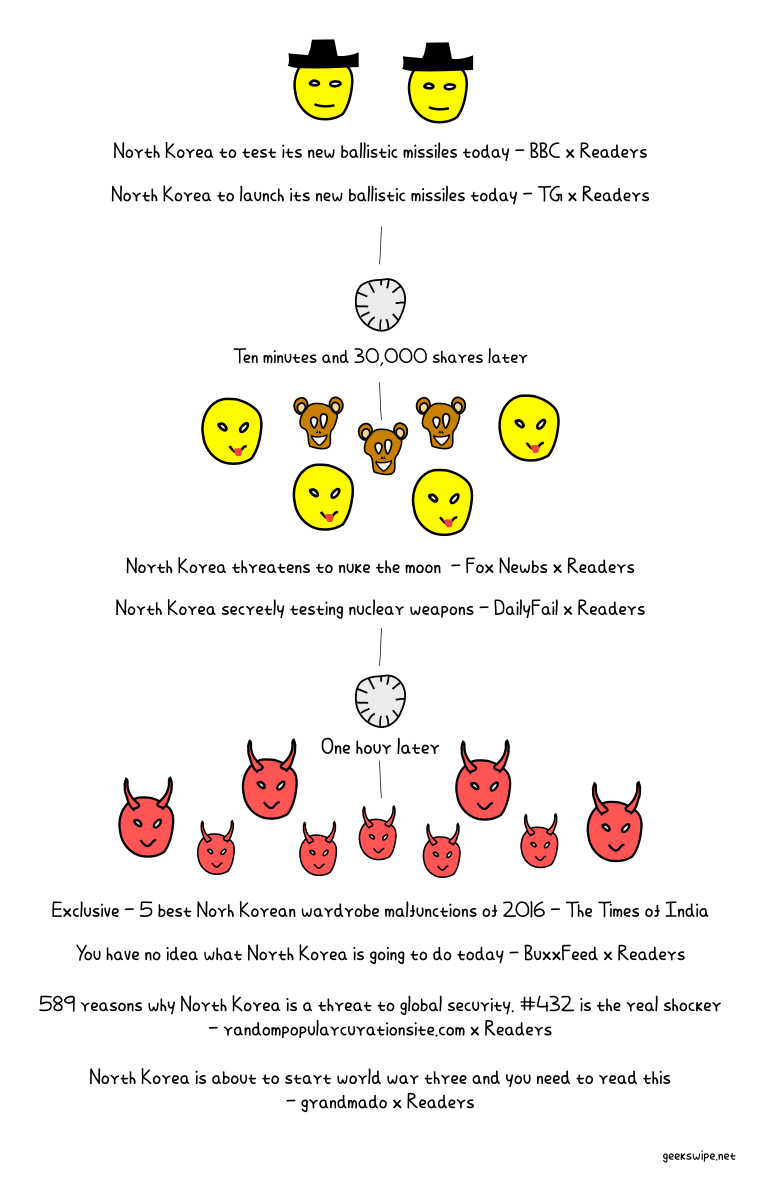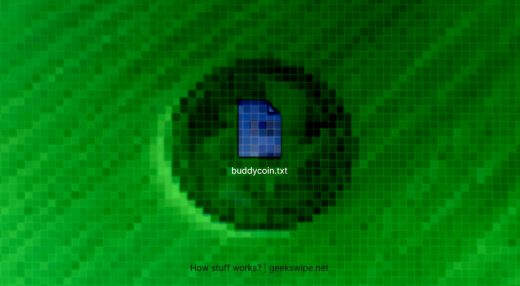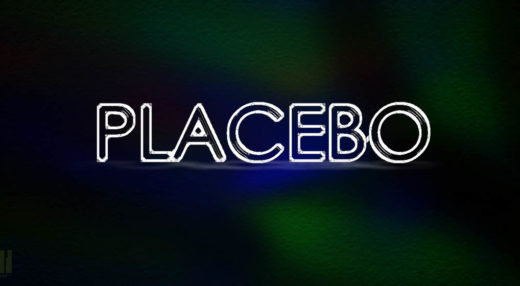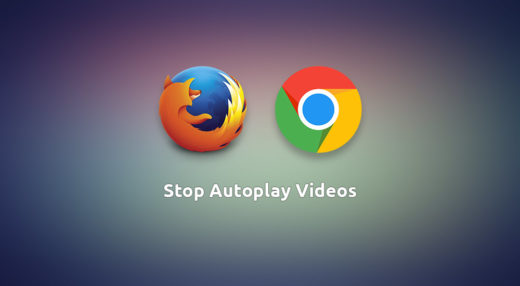How Bad Is the Modern Internet Communication?
For a common human mind, if there is stuff that does not interest it or make sense at a significant level, it throws that stuff into the garbage zone. I am telling this to acknowledge the fact that I am a human being with a human brain. So my views and thoughts here are from that typical mindset as an everyday internet user.
The internet today is full of absolute garbage to me. I am sure it is for most of you. Now if you get offended at this point, you have every right to. And I have every right to ask you to leave from this page.
Sometime around 2005, the golden age of internet communication ended. I’m calling that period as a golden age for many reasons here. Back in the age, we were limited only to emails, IRCs and some instant messengers. The majority of communication was through emails. It was peaceful.
Very soon, everything blew up and then came the age we currently live in. A digital realm constantly surrounded with the pandemonium of gazillion apps and centralized social networks that are bloated that the ability to communicate in a good way is a minor feature in them now. To answer the questions of why the internet had turned this way, I am going to share my thoughts in a way I feel it. Let’s begin by generalizing the type of communications into two domains.
Good communication
A good and genuine communication is a message or a communiqué from a human or an organisation with a crux to make an honest statement and convey authentic opinions to the masses or a person.
Examples of such forms of communication are your personal messages to your friends and family, an article like this one, technical supports, public statements of opinions and insights, and other subsets that are faithful to this definition.
Bad communication
Things that are conveyed with a hidden agenda or with an aim to assert personal opinions fall under bad communications. Such notions establish the roots for self-promotion, need for social approval, false news, bigotry and pseudoscience nonsenses around the internet.
The golden age
Okay! Let’s get back to the golden age now. The chances are that our contacts were only a handful back then. A few times in a week, we would have exchanged good emails with our family, friends, and a few colleagues. We would have sent some cat pictures through email, seasonal greetings, discussed some exciting discoveries and gossips through IMs, shared news, strange internet phenomena, ASCII arts, worthless mailing group forwards, and some memorable stuff like that!
But thanks to the technological limitations of the web and its less significance in everyday life, we naturally spent less time in front of the machine, or online for the least. This actually acted as a catalyst for more physical conversations. And even then we still had time to get bored, sway away in our dreams, or do what we liked to do.
Fast forward a little, the internet grew itself and was accessible to more people. Forums, discussion-oriented communities, personal blogs, and such online services bloomed, enabling us with a whole new medium to communicate and connect with people all over the world.
We became fond of the ‘soon to be an integral part of life medium’. We participated and exchanged our knowledge, learned new stuff, befriended strangers like CapriconMonkey28, _Neo_Trax, xxX_Gipsy_Knight_Xxx on internet boards. Found a wider audience with similar tastes for genuine communication. A golden age, undeniably!
Golden age – The internet was just another mode for all types of communication.
The garbage age
Moving on from there to the present, the internet reached the garb(age)! Heh!
I am not stating that the golden age was better and pleasant too. It had all the bad eggs that we have today. But the magnitude and nature of them were entirely different. Comparing the aspects of both the times will sound absurd.
In fact, it is in this garbage age of the internet the world has seen so many remarkable and good stuff happen since ARPANET. In a way, the current period is more remarkable than the golden age. But this is only limited to the technical part of the world and extends only a little further to a small group of people.
The impact on the rest of the humans, however, has gone from pleasant and helpful to dreadful, asphyxiating, and worthless today. Today, to communicate with any person, our first choice would be the internet. This is good and bad at the same time! At any given moment there are swarms of people and business services trying to communicate with you, not to mention the surveillance schemes from the corporations and governments combined.
Garbage age – the Internet has become the only medium for all types of communication.
The super bad eggs
The impact of such overwhelming tools is in itself is contributing to the worst part of the internet, creating the bad eggs. It’s just so easy for a person today to express himself in the most horrendous and irresponsible way and get enough attention than in the golden age.
Back in the golden age, a troll or attention seeking self-promoting person is ignored, and most efforts were not that big either. For the least, their garbage mostly went unnoticed. The half-life of such nonsense wasn’t that great of magnitude.
Inflating that with the current world and technology, the garbage producing people are relatively great in number. Bad examples give rise to more bad communication practices. The result is that the internet is resonating with bad content with a half-life that’s too big to make them go unnoticed. And the constant access to them is what makes the internet undesirable for us.
This is how a typical exposure plot for a bad content over time would be for both the ages.

Though the current internet has equipped us with superior ways to filter and protect from these noises, the fact that the abrupt rise in the garbage creators still pertains the way we use the internet.
Garbage factories and humans
Garbage factories like the so-called, tabloid publications, social media aggregators, viral newsmakers, social media saints, gurus, motivating monks had only made it worse by exploiting the basic human weaknesses of anchoring, distraction, need for acknowledgement, and lack of motivation for their own motives.
Popular garbage regurgitating and recycling medium like Facebook and Twitter slide through these exploitations to keep their larger user base engaged in devouring their personal interests and target ads for profit.
The case is worse for news and information. The good part of the internet today is you can get information within the blink of an eye and share it within the next blink. The bad part is that there is always the flood of information and it is easy to manipulate it at a faster rate and modify information in the transit. I like to call it the monkey in the middle attack!
When an average uninformed human reads a poorly written misrepresented post on a widely used medium like Facebook, he should usually end up doing his own research to confirm the authenticity. Most of them fact checks the source. But when the rest don’t, they end up passing this to the next batch of humans and then create a chain of a misinformed idea that replicates and incarnates over and over. The result can be as catastrophic as people arguing that the Earth is flat and unicorns are real.
The complexity of emotional exchange
In this age, whatever be the idea, it resonates faster and stronger as there are more and more people engaging with the internet in every way possible. All the elements of the bad communication seen above are actively promoted and echoed to the humans, both smart and uninformed altogether. The real problem is that the nature of the bad contents enables it to echo stronger.
The smart and sane people usually ignore it and move on, but the constant exposure to the noise provoke them. Some try to correct people. Some succeed in that, but the majority of them fail because of the way humans behave behind a keyboard.
One can correct his friend or someone in the family over email or personal messages. Sometimes strangers too. But digitally, on a public forum, when you correct someone, the self-esteem of a typical digital-human would only find its way to digital-bully on most occasions. And given the fact that text mode of communication cannot match the level of emotional exchange that happens over physical communication, the possibility of inadvertently offending someone is high.
Some good examples of the complexity can be seen in the comment sections of every major medium of internet communication out there. The majority of people commenting on resourceful material are such bad eggs that are ruining the internet for everyone. Unfortunately, there is no better way to filter them out. And it is impossible when a particular content is prioritized on all mainstream media at once.
Mainstream maniacs
The Internet as a whole is a dangerously attractive place for all age types. At the core of this bad part of the web lies the creators who make it that way. Sadly, these people are in the leading publications and media houses that prioritize luring contents that appeal the masses.
There are more people who love to read and comment on other people’s personal lives than who would read about climate change and talk about how it impacts life. A constant torrent of such tempting contents like celebrity gossips, viral events, sensational controversies forms the mainstream marketing strategy that puts every user in the crosshairs.
Distraction, deliberate misinterpretation and wrongful prioritization of events is the state of mainstream media right now! What’s terrible is that there are monkeys, irresponsible idiots, and little devils out there in every mainstream media. They turn truth into chaos, like this.

All these stuff not only gives you vague information but also takes away the boredom in you! With a few exceptions, almost all mainstream media prioritizes such insignificant news and allows sensational and controversial treats for the sake of their own survival, readership, user engagement on the internet. They echo through the so-called social media further and end up even more trending, enough to line up all the content-prioritizing algorithms to put it at the top to suppress actual news.
Boredom is a gift
As more and more of the bad communication spread, more humans are tempted to explore such contents, despite knowing that those are the bad form of information. This, in turn, forces people to converse about the useless topics in high dosages. This steals their time that should have otherwise used in conversing what’s significant to them. Said that, there is even no time for today’s typical human to get bored in the first place!
In the golden age, when someone is bored, the person would go outside and do stuff or cave in with a book or hobby of his or her interest. Such activities had reduced significantly since the end of golden age of the internet in a sense. We don’t get bored at all!
Most people who read on their devices today had to take some effort to keep them away from online distractions, which are caused by the chain of thoughts that are influenced by prior exposure to bad communications. They eventually cave in with a pop-article or video full of enticing matter or other guilty pleasure stuff online.
It is also quite easy to get bored on the internet in a different way when there is an information overload. It is simply an exhaustion from processing too much information in our minds. But when we finally get bored of the internet, we lack the energy to take on the physical life and end up sleeping to get the energy back to get on with the digital life again.
…
At this point, you may feel that I am getting hypercritical about the internet here for things that are not really a big deal. It’s okay! I felt the same way! But then I thought about my life before and after I quit most of my communication channels and detoxing myself. It is a problem, and most of us just don’t accept that.
…
Storytime
I was introduced to the world of internet when I was a kid. I had an email, and I just used it to say hi to my cousins, whom I used to meet every week. It was fun and amusing for me to geek out around e-mail as a kid.
And very soon, I discovered all the awesome stuff of the golden age internet! When the game Halo came out, I started blogging about it and eventually that’s how I ended up with Geekswipe today.
The internet connected me with lots of new people. I met different personalities from the different part of the world, learned new cultures, explored opportunities, found good friends, got easy and open access to knowledge, discussed interesting stuff. The internet is the best thing ever and no wonder it is an inherent part of my life.
Around 2008, when these social media networks popped in, I created accounts, falling for the network effect. I was too curious and blinded that I put myself out there on social networks without second thoughts about my privacy and other future repercussions.
After a decade, by 2016 October, I had accounts on a plethora of networks like Microsoft Live, Gmail, Yahoo, Facebook, Twitter, Google+, Pinterest, Reddit, Skype, WhatsApp, Telegram, LinkedIn and similar popular services. This also includes accounts related to Geekswipe and Swyde. There isn’t a day in the past few years that began with a calm inbox.
I used to spend about an hour for checking and responding to emails alone! Then there would be some messages waiting on Facebook, and Facebook reminding me about that with an email. Joins the other bling bling notifications chimes, the moment I connect my phone to the Wi-Fi. On a typical day, if I were to take all the messages and emails and analyse it, 99% of the stuff would be garbage.
So every morning, for the past seven years, I had to go through garbage to check if someone had sent some important stuff. The worst part is that some websites would sell my email information and I would end up with more new garbage newsletters every week. Spam filters never worked!
Even when my regular offline life is happening, I had that refrigerator syndrome. I kept checking stuff for something new. I thought to myself that quick online peeks wouldn’t hurt my productivity at all. I was utterly wrong!
The expectation of new information with the omnipresence of an easily accessible channel lying around is something that is hard to control. Whenever I got behind the keyboard, I promised myself to be productive, and minutes later, I always ended up on sites like Reddit. And from there spans my intense journey further into the internet, losing my focus and control. In a way, the good part of the internet was affecting me too.
Now for the bad part, it was ridiculously tormenting me! When one stupid viral stuff happens, I get different people bombarding me with the same stuff the whole day. I made more enemies by blocking them and removing myself from groups than by telling them how dumb are the contents they are regurgitating on Facebook or similar garbage factories.
Towards the end of 2016, I witnessed an entire nation electing their climate change denying president, trusting all the components that were a direct result of curated and engineered bad communication. The way how people reacted on the internet and how the internet sharks exploited it gave me a nudge.
It was also the time when a corporate entity was trying to provide a gated and free internet for people who were not using their social network. They openly dared net neutrality by playing the cheapest tricks. With obvious ulterior motives, Facebook wanted to govern a part of a country’s internet. This gave me another nudge towards a different set of thoughts.
And when Skype started showing advertisements based on the keywords from my voice conversations, I stopped for a minute. I had to take a step back and re-check my privacy on the internet. A thoughtful and curious digging led to all sorts of resources and contemplations that made me realise how dangerous the popular services are to use.
If a company like Facebook has access to my personal interests and opinions, they could easily target likeable contents and keep me controlled. Worst case, they can sell that info to advertisers whom they trust, they can sell it further to someone they trust, and it can get ugly real soon. Wondering about the closed source nature of these corporates, I had only one pragmatic choice!
I started with Skype and continued deleting my accounts in Facebook, Google+, WhatsApp and whatnot personal data hoarding services and apps I was using.
After quitting most services, I now have what I had in the golden age of the internet – a calm and relaxed communication via a private email, with people whom I choose to communicate with. No more information overload from friends and family. No more notifications and the constant urge to check my phone. I got back my boredom and freedom. Life is blissful, both offline and online!
…
I am not advising you to do the same thing anyway. Every person has a different story out there, and each one of you has a different digital ambience. Only you can decide what is right for you.
…
One last thing
Your digital privacy is at stake! The modern age is the time where most companies are racing to perfect their not so intelligent AIs and automation. They desperately need that perfection to improve their quality of service to tailor and engineer what you get. They are competing with one another on this with great investments in machine learning. Such deep machine learning algorithms need an enormous amount of diverse data sets to learn from. So they are in a state of frenzy and compulsion to learn about you as much as possible. So whatever you put on the internet or in your private chat boxes, those things will be indeed used by these algorithms.
I know that most of you would be okay with companies using your private data for some convenience. But as a human being, you should respect yourself and value your privacy.
Though the big corporations in here are not that harmful or have reasons to go evil to target you personally, what they are doing for their profits are unethical and inhuman. Most of these services are closed source, and there are endless possibilities for your data to be misused. They shouldn’t even be collecting your information in the first place! Boring or exciting, your personal data is yours, and no one should use it for any purposes.
Take your time and contemplate this. Analyse the facts and learn about the risks involved. And then take necessary actions! It is your private life, and that is something that is fundamentally yours.
In the end, you only need the internet to communicate and seek information. Fact check the sources of information, encrypt your messages, and get rid of the information overloading channels that expose you to the bad communication, and you will be fine with the good ones.
Stay safe! Happy surfing!
This post was first published on January 5, 2017.











I felt the same exhaustion from information overload. It was a pain for me to unsub everything! Now I keep track of my news with a news reader. RSS is still my go to choice. Better than any social media these days.
“Worst case, they can sell that info to advertisers whom they trust, they can sell it further to someone they trust, and it can get ugly real soon.” This is no joke. This is what the companies are doing behind the screens to fill their pockets. One fuck up in that line will be catastrophic!
This is exaggerated a bit. I don’t think companies handle any personally identifiable information. Most of the data that are shared are anonymized.
De-anonymization isn’t actually that hard!
Are you a shill who gets paid to belittle opinions on privacy and data collection? You got a source? How do you know they are anonymized?